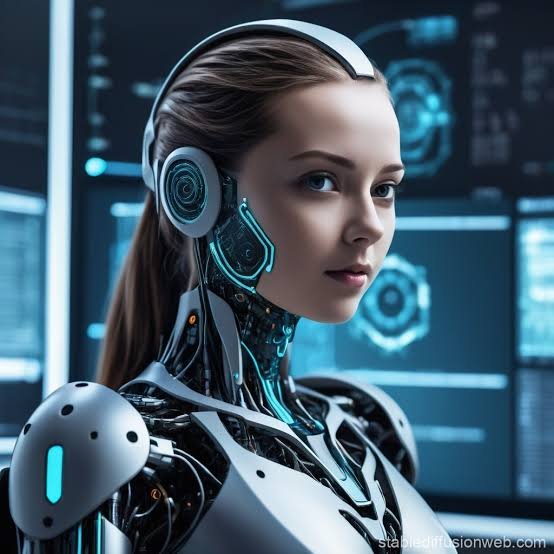Artificial intelligence (AI) has rapidly transformed how businesses and individuals operate, with AI-powered assistants now playing a crucial role in workplaces and daily routines. From automating administrative tasks to providing personalized recommendations, these digital helpers are changing the way people interact with technology.
AI in the Workplace
Companies are increasingly integrating AI-powered virtual assistants to enhance productivity and efficiency. Tools like OpenAI’s ChatGPT, Google’s Gemini, and Microsoft’s Copilot are being used for content creation, data analysis, and even coding. Many businesses also employ AI chatbots for customer service, reducing wait times and improving user experience.
According to a report by McKinsey & Company, nearly 50% of companies have adopted AI-driven solutions to streamline operations, leading to cost reductions and increased efficiency. AI assistants help in scheduling meetings, generating reports, and automating repetitive tasks, freeing employees to focus on strategic work.
Personal AI Assistants and Smart Homes
AI-powered assistants are also making homes smarter. Devices like Amazon Alexa, Google Assistant, and Apple’s Siri are now capable of controlling smart appliances, setting reminders, and even answering complex questions. Home automation has improved with AI-driven security systems, smart thermostats, and voice-controlled entertainment centers.
These advancements make daily life more convenient, allowing users to manage their schedules, monitor energy consumption, and even receive health-related reminders. AI assistants are also improving accessibility for people with disabilities by offering voice commands, screen readers, and predictive text features.
The Ethical and Security Concerns
Despite the benefits, the rise of AI assistants raises concerns about data privacy and security. Many users worry about how companies handle personal data and whether AI systems can be trusted to safeguard sensitive information. Experts warn that AI-driven technology can be exploited for misinformation, surveillance, and biased decision-making.
To address these concerns, governments and tech companies are working on AI regulations and ethical frameworks. The European Union’s AI Act, for instance, aims to set strict guidelines on AI deployment to ensure transparency and accountability.
The Future of AI Assistants
Looking ahead, AI-powered assistants are expected to become even more sophisticated. With advancements in natural language processing, AI may soon provide more human-like interactions, making them indispensable for both businesses and consumers. As AI continues to evolve, balancing innovation with ethical considerations will be crucial in shaping a future where technology serves humanity responsibly.


















Samuel Boafoh
Why people interact with technology
Elizabeth
Why
Polina
That's great